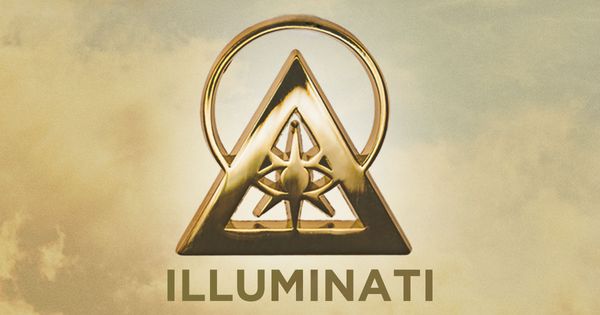In America, the 90s can be described as a decade of nostalgia that introduced many new innovations. It was truly the last best decade, as many events impacted those who grew up at that time either socially, politically, and or through technology. Those who were born between 1985 and 1999 are known as millennials, which are the current largest generation of all time. They grew up in a progressive and digital age that shaped their attitudes and views on the world.
The 90s was certainly a transitional time in regards to politics, societal views, and technology. Research shows that millennials are the most racially diverse generation out of all the others. A Pew Research Center survey from 2014 revealed that “The Millennial generation is forging a distinctive path into adulthood. Now ranging in age from 18 to 31, they are relatively unattached to organized politics and religion, linked by social media,… distrustful of people, — and optimistic about the future” (Pew Social Trends).
In short, millennials are skeptical of institutions. It makes sense because in the 90s, Bill Clinton, a “New Democrat,” or a democrat who exerts liberal attitudes and opposes the big government, made radical shifts in economic policy, supporting minorities, and in governance unlike the Republican Reagan administration (Totally 90s). Kids and teens that grew up with the Clinton administration grew up with liberal values and attitudes. Not to mention that he was well liked amongst African Americans and minorities. However, some of his actions were questionable, like for example, when he ignored in aiding to stop the Rwanda Genocide in 1994....interesting. However, Clinton expanded the economy as the digital age was becoming popular. In the first half of the decade, no one knew what the World Wide Web was but in the second half, it revolutionized communication to a whole other level. What made technology opportune was the fact that it came towards the end of the decade, so it didn’t “[make] social life both manically nonstop and attenuated. The digital revolution hadn’t brutally “disrupted” whole economic sectors and made their [Millennials'] work forces permanently insecure” (New York Times). With that being said, the internet and cell phones didn’t overpower face-to-face conversations.
Granted, on the other side of town, technological advances did not fix problems in Black America. America in the 90s was in a pit of racial unrest between the blacks and whites. For example, “The People vs. OJ Simpson” trial and the Rodney King case both made national news that sparked many African Americans to distrust the police even more. In Tupac Shakur’s song, Changes, he voiced out his opinions about racism and the police: “I see no changes, wake up in the morning and I ask myself:/‘Is life worth living? Should I blast myself?’/I'm tired of being poor and, even worse, I'm black/Cops give a damn about a negro/Pull the trigger, kill a n****, he's a hero.” His rhymes really opened some eyes to the teens that grew up listening to him and encouraged many to engage or advocate against racism and violence.
Those who grew up in the '90s have had iconic events that definitely shaped their attitudes toward the world. No one will ever understand what it was like to grow up in the 90s except those millennials who did. Fortunately, the 90s trends are seeping through into the 21st century. For example, when looking at today’s fashion, chokers, denim jackets, jelly shoes, etc. are in! However, we are reminded that even though the trends are coming back, nothing will ever take place of the original decade. Marcel Proust, a French author, describes growing up as “A la recherché du temps perdu” or “the search for lost time” because as we grow older we start to lose faith and hope in humanity but when we look back at old memories we re-access what was lost.
The 90s was a very fun decade that was bold enough to try new risks, either politically, socially, or digitally. Did it also have bad times? Of course! However, the good outweighed the bad and that lingered on into the 21st century.



















